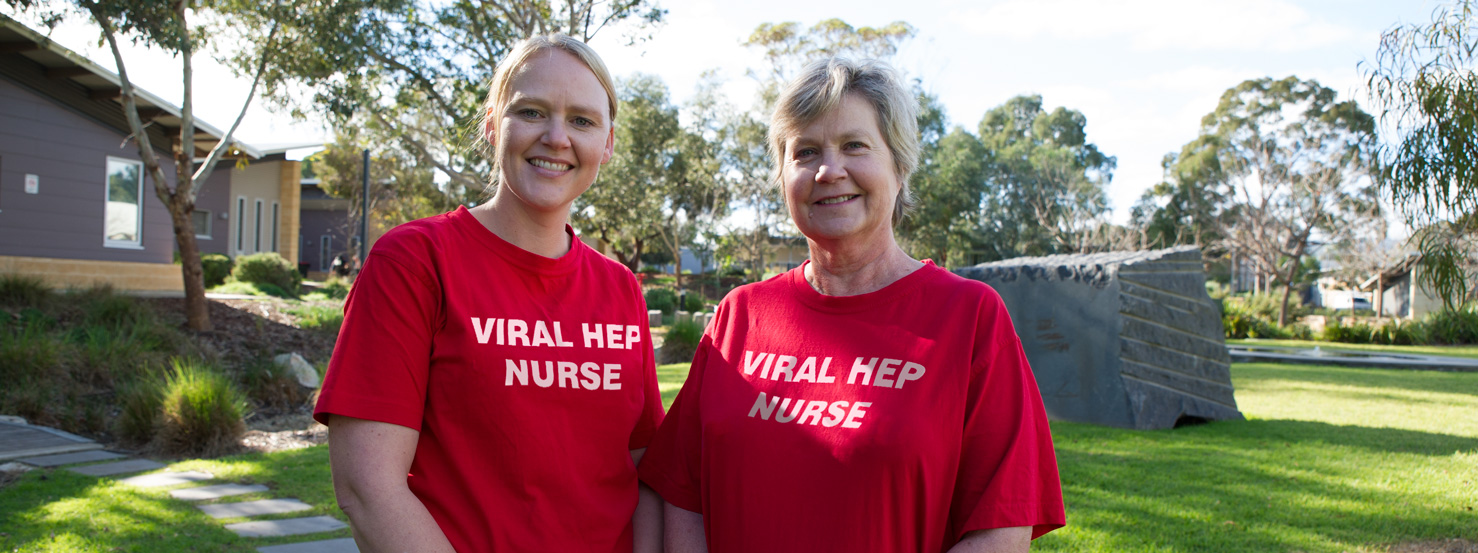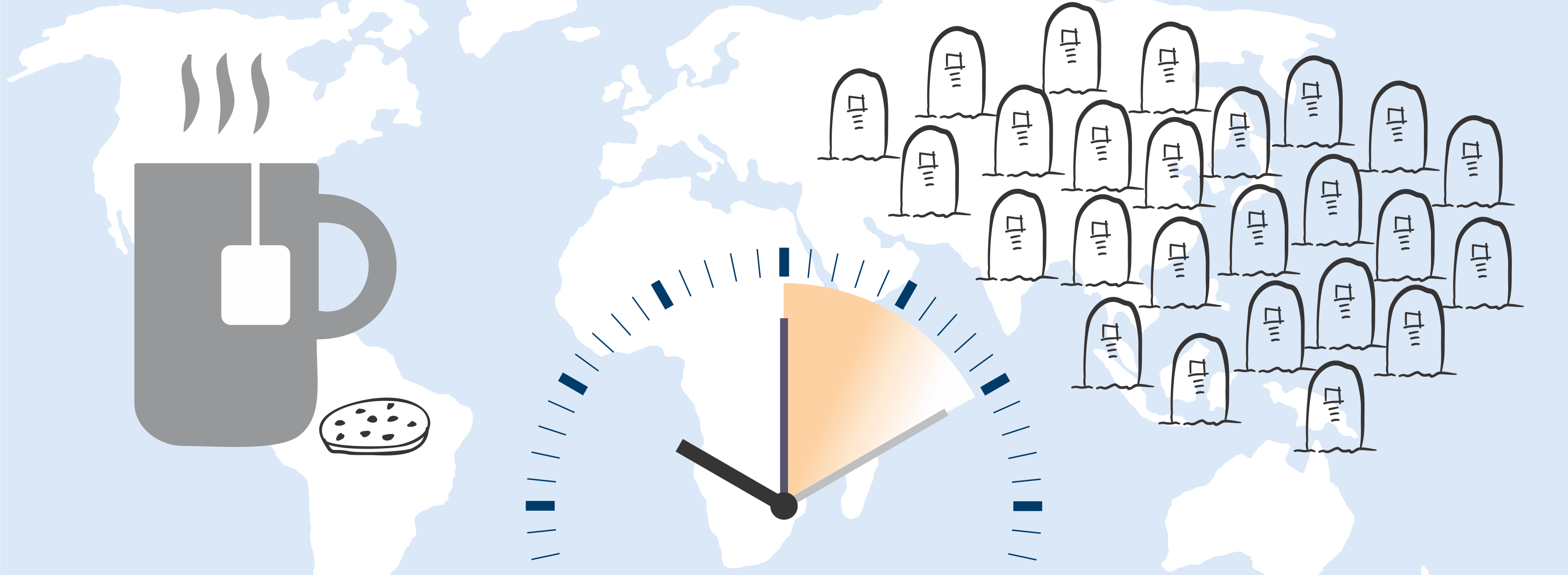South Australia’s Viral Hepatitis Nurses are clinical practice consultants who work with patients in the community, general practice or hospital setting. They provide a link between public hospital specialist services and general practice, and give specialised support to general practitioners (GPs) to assist in the management of patients with hepatitis B or hepatitis C.
Tag: hepatitis
Having a Hard Time? – Try a little kindness
Living with viral hepatitis can be really tough and for some, it might seem even tougher when the holiday season rolls around. Some of the negative aspects or experiences that people have shared with us over the years include uncertainty over their health outcomes, fatigue, dealing with disclosure.
Continue reading “Having a Hard Time? – Try a little kindness”
My Health Record – Only days left to decide
Australians have but a few days left to choose for themselves whether or not they want to have an electronic health record created for them. The opt-out deadline approaches amidst calls for a further extension by the Senate Inquiry report, the Australian Privacy Foundation, opposition parties, clinicians and lawyers.
Continue reading “My Health Record – Only days left to decide”
My Health Record – Should I opt out?
My Health Record is an online database, operated by the Australian Government, designed to keep all your medical records in one place. The following information – taken from a paper prepared by Hepatitis New South Wales – describes the benefits and risks of this new system. It will help you make an informed decision and give information on how to opt out if you decide you do not want a record in My Health Record.
Tackling Hepatitis and Other Blood-borne Viruses in Prisons
The prevalence of hepatitis C and hepatitis B in Australian prisons is higher than in in the wider community, but prison settings also present and opportunity for testing, monitoring and treatment, especially for hepatitis C since the introduction of new, highly effective drugs that has shortened treatment time dramatically.
Up to 40 per cent of prisoners have hepatitis C, compared to only one per cent in the wider community, and three to four per cent of prisoners have hepatitis B, compared to just under one per cent in the wider South Australian community.
Continue reading “Tackling Hepatitis and Other Blood-borne Viruses in Prisons”
World Hepatitis Day – a few things to think about during morning tea…
In the ten minutes it took you to brew your morning cuppa and dunk your favourite bikkie, 25 people died. They were killed by viral hepatitis – part of the 152 people around the world, who die every hour from this treatable, preventable disease.
Locally, about 24 Australians die each week from hepatitis B or hepatitis C. Not as shocking as 25 in 10 minutes but that’s still 1,237 needless Australian deaths each year.
World Hepatitis Day (28 July) is a reminder that Australians cannot afford to rest on our laurels. Although 14 per cent of Australians with hepatitis C have been cured, there are still many, many who need to receive treatment.
Continue reading “World Hepatitis Day – a few things to think about during morning tea…”





